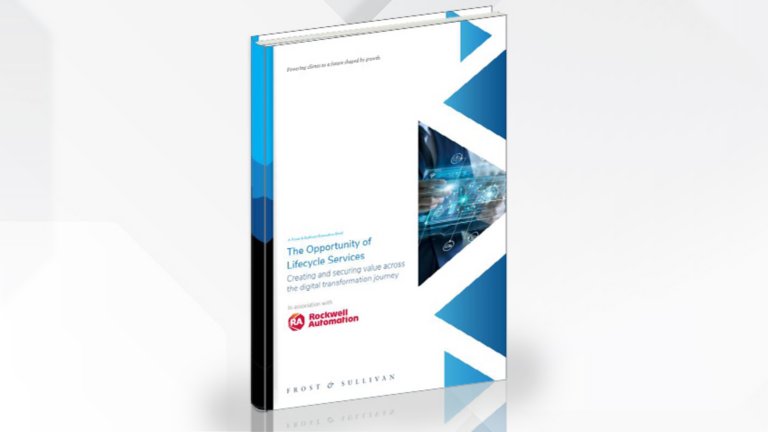Industrial history is replete with paradigm shifts that come about without much fanfare. Apart from Industry 4.0, which was an exception, many inflection points in manufacturing have transpired silently, for example, the invention and implementation of the initial programmable logic controller (PLC) in the 1970s. In a similar shift, the industry is currently witnessing a change in customer mindset driven by a confluence of multiple disruptive factors, including the COVID-19 pandemic, macroeconomic uncertainty, global competition, and rapidly changing consumer demands.
“Frost & Sullivan predicts that the global managed services market will reach $4 billion by 2022, while the connected services market is projected to reach $16.2 billion.”
Lifecycle services represent a fast-emerging industrial component that is proving integral in enabling customers to realize their plans and visions for the future. The objective of a lifecycle services approach is to meet customer needs and add value across the entire lifecycle of their plants. It also helps customers achieve their digital transformation goals, bridging context and complexity with ease.



